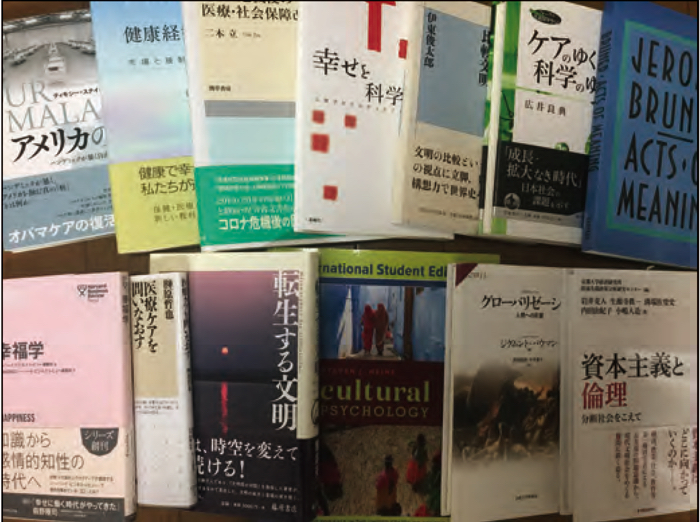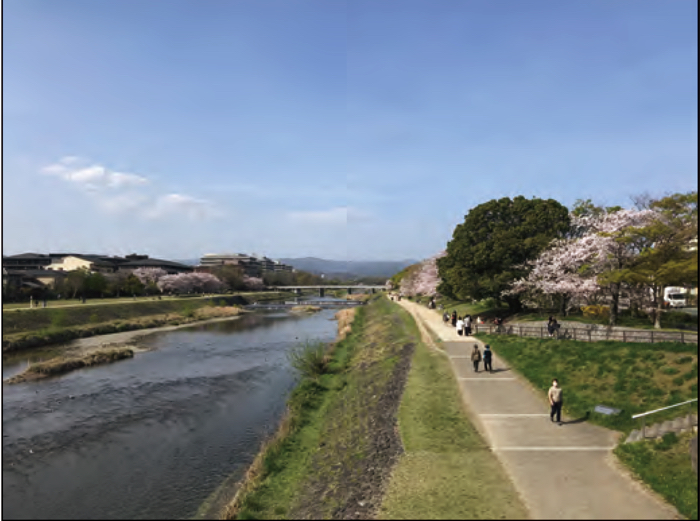- Project Leader : Segawa Hiromi (Kyoto University, Kokoro Research Center)
Outline of Research
This study examines cultural differences vis-a-vis views of health and happiness and the impact to healthcare resource allocation. It compares the relationship between views of health and well-being and the allocation of resources for medical, health, and welfare from multiple perspectives in three countries: the Kingdom of Bhutan, which espouses the philosophy of Gross National Happiness, the United States of America, a democratic country where a universal health insurance system remains contentious, and Japan. By reviewing existing literature, the study further deepens our understanding of cultural differences gained through field research and practical experience in community healthcare in Bhutan and Japan.
Description
The aim of this study is to examine cultural differences vis-a-vis health and happiness from the perspective of healthcare resource allocation.
Values about the health and well-being of individuals and society as a whole are very important when considering a country’s medical healthcare system and welfare policies. How are these related and what factors influence the subjectivity? To answer these questions, ultural differences in the historical, geographical, and political contexts of three countries will be examined in the literature. Although research on the views of happiness and health has been conducted in many fields, such as psychology, sociology, and cultural anthropology, few studies have investigated the relationship between these views and the allocation of medical and health welfare resources. The novelty of this research project is that it reconsiders previous studies and essays about the concept of well-being vis-a-vis the allocation of medical and health welfare resources. While nobody would disagree that as a human society, as a nation, as a community, and as individuals, we should aim for people’s happiness and health, how to achieve this is not so clear. This study will allow us to understand the characteristics of each country in depth in order develop medical, health, and welfare policies that can better contribute to people’s well-being.
 A part of References |
 Kamo river on the way to Kyoto University |
